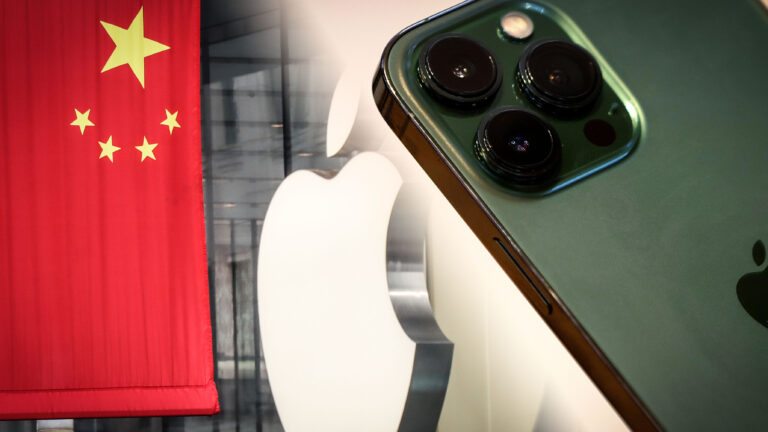Fed Rate Hike Dilemma
Anúncios
Last week’s economic data has raised optimism among investors that the Federal Reserve might keep interest rates steady this month, following a July hike that pushed rates to their highest level in 22 years. However, the Fed has not ruled out further rate increases, which could occur unless inflation continues to slow.
Financial markets give a more than 90% chance of a Fed pause at the September 19-20 policy meeting, according to the CME FedWatch tool. Yet, investors’ expectations for another pause in November are lower, at around 60%.

It’s challenging to predict definitively if and when the central bank will raise interest rates again this year. Two plausible scenarios could play out in November: either the end of rate hikes or one more increase.
If the job market and the broader economy continue to slow, contributing to lower inflation, the Fed might maintain rates for the remainder of the year. Factors such as reduced consumer spending due to the resumption of student loan payments next month or stricter lending standards by banks could assist in this moderation.
Leslie Thompson, chief investment officer at Spectrum Wealth Management, anticipates that inflation will moderate, allowing the Fed to keep rates on hold for the rest of the year. Nevertheless, she believes that interest rates will remain elevated for an extended period, describing it as being “higher for longer.”
Thompson suggests that weak quarterly earnings later this year would be less concerning to Wall Street than persistent inflationary pressures, potentially prompting further rate hikes by the Fed.
Fed Chair Jerome Powell signaled in his keynote speech at the Kansas City Fed’s annual symposium in Jackson Hole, Wyoming, that additional hikes are an option if inflation proves more resilient than anticipated.
Pausing in September but hiking in November could signify the Fed’s gradual transition from an aggressive stance on inflation control to a phase of maintaining steady rates, akin to a car slowing down as it nears its destination.
There is still a camp within the Fed that advocates for more rate hikes. Boston Fed President Susan Collins suggests that additional increments may be necessary, while Atlanta Fed President Raphael Bostic believes that current policy is appropriately restrictive, urging caution and patience to prevent undue economic pain.
In addition to these monetary policy considerations, UBS analysts have recommended selling shares in Volkswagen and Renault, citing the growing threat posed by Chinese competitors to these European automakers. Volkswagen’s stock was down 4.4%, and Renault’s declined by 5.6% following the UBS downgrade, which emphasized the risk of negative earnings impact from Chinese competition.
See also: Job Market Signals Impact Shares






